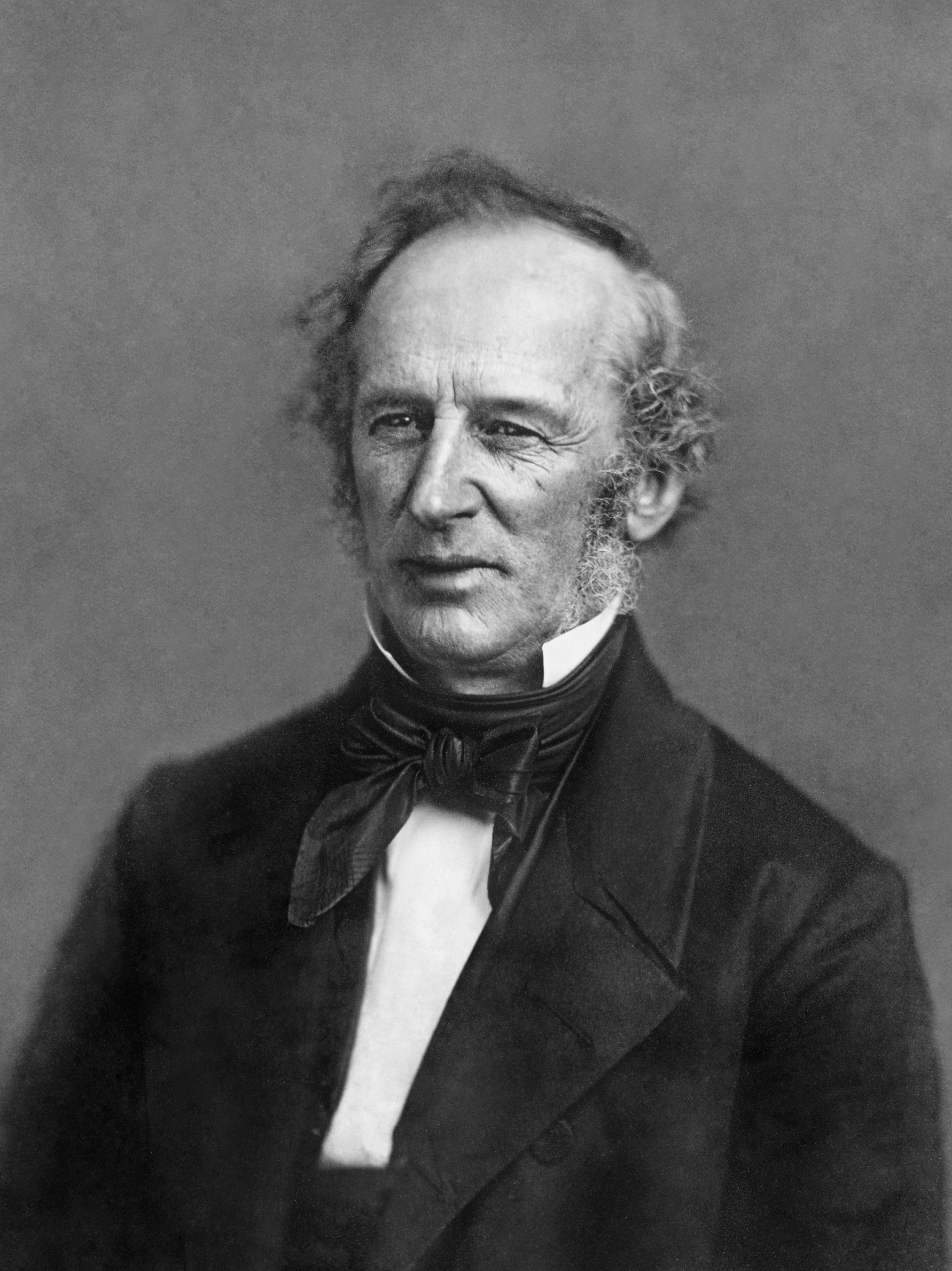Posted by Marc Hodak on October 30, 2013 under Executive compensation, Governance, History, Unintended consequences | 

The last time that CEOs were routinely kept awake at night was during the merger wave of the mid-1960s.
The frothy ’50s turned out to be high tide for American industrial dominance, a time when we were rebuilding the world after a devastating war. CEOs had it pretty cozy then. As the tide began to recede, investors began to notice the accumulated waste made possible by a decade of easy growth. A few of them saw advantage in taking over the worst governed companies in order to restructure them. At that time, they could do so without warning, which is what made this environment so frightening to CEOs. Imagine never knowing when you might get a phone call telling you that you are out. This is like going trick-or-treating and fearing the “tricks” all year long.
Corporate executives of that period had grown up in a world where being a leader meant getting along with everybody, and knowing how to use the corporate treasury to buy allegiances, including labor, business partners, and politicians. These new people on the scene—called “raiders”—were after the whole treasury, in part to prevent it from being used as the CEO’s relationship kitty. The governance mechanisms of the day gave them access to it by simply taking advantage of the stock being cheap after years of neglect.
Worried incumbent CEOs reacted by contacting their congressmen, who also knew a thing or two about incumbency. This unholy partnership took control of the narrative. Instead of investors identifying bloated companies in order to restructure them and return excess funds to remaining shareholders, the incumbents claimed that:
“In recent years we have seen proud old companies reduced to corporate shells after white-collar pirates have seized control with funds from sources which are unknown in many cases, then sold or traded away the best assets, later to split up most of the loot among themselves.” (Sen. Harrison Williams, 1965)
The media bought it. The legend of the “corporate raider” was born. The off-hand mention of “unknown” funding sources added a hint of nefariousness. (Who did they think provided the funds? Why did it matter?) The media didn’t consider that any mechanism that made the sum of the parts worth so much more than the whole might actually be socially useful. Instead, they played on the conservative discomfort of seeing old line, industrial firms disappearing at the hands of destabilizing (and generally non-WASP) upstarts, and the liberal discomfort of “money men” involved in unregulated financial activities.
Thus, in the fall of 1968, Congress passed the Williams Act. This law prevented investors from making a tender offer for shares without giving incumbent boards and management a chance to “present their case” for continued control of the company—as if they hadn’t already had years to make their case.
Now comes the weird part. Read more of this article »
Posted by Marc Hodak on October 14, 2013 under Governance, History | 

"More lucky than good"
Consider that you are on the board of a company of adventurers, and one of your captains, Chris Columbus, comes to you with a project.
“The learned people all think that the world is flat. Our R&D indicates that the world is round. If you fund our voyage, we will be able to obtain the wealth of the Indies spice trade via a shorter route from the west instead of from the east.”
One director chimes in, “But Chris, all the experts say that the world is flat, and that the western route is terra incognito. Why don’t you think you won’t simply fall off the edge of the world?”
Chris replies: “The experts are wrong. Here is my data. Fund me, and glory will be ours.”
According to the story we were taught in school, Columbus was not able to get money from the usual channels that might fund a sea voyage, and it was the bold bet by Queen Isabella that launched him toward America and legend. In this story, Isabella was the perspicacious investor behind a brilliant, if misunderstood, CEO. Her good bet paid off in the bounty of a New World, and all those investors who wouldn’t back Columbus were fools who lost out.
What really happened looked like this.
Chris Columbus tells the board: “The learned people say that the world is a very large sphere, about 20,000 to 30,000 miles around. Our R&D indicates that the world is only about a third of that size around, meaning we can more easily obtain the wealth of the Indies spice trade via a shorter route from the west instead of from the east.”
One director chimes in, “But Chris, if the experts are just a little more correct than you are, you will simply run out of supplies on your voyage, and die.”
Chris replies: “The experts are wrong. Here is my data. Fund me, and glory will be ours.”
The real Columbus was not able to convince anyone with any learning that a western route to the Indies was shorter than the eastern route that was already established. He was able to convince a Queen with more wealth than knowledge. She enabled him to set out on what, by all rights, would have been a voyage to oblivion. Just as his supplies were running out, he stumbled upon the New World.
Boards of directors have basically one job—to make good bets and avoid bad ones with their shareholders’ funds. This is a difficult job under the best of circumstances, which necessarily includes incomplete information and a limited range of capabilities, including the normal biases and dynamics of even well functioning groups. On top of that, they must deal with the bane of businessmen everywhere—luck.
In the mythical Columbus story, the adventurer and the Queen made a good bet, and won. In the real story, they made a bad bet and won. The problem for directors is that the world only sees results; it cannot see the quality of the bets that led to them. Columbus’s bad bet was redeemed by an accident of incredible fortune. The Queen appeared to disprove the adage about a fool and her money, and the investors that wisely turned down Columbus’s bet were ridiculed for a missed opportunity.
Obviously, each of us would prefer a board that makes winning bets rather than losing ones on our behalf. But no one can dictate the outcomes of our bets. The only thing we control is the quality of our bets. By definition, good bets are more likely to pay out than bad ones. A board that effectively distinguishes these things should be more effective. But they can still lose. The world isn’t fair.
I have seen well-meaning boards make reasonable bets and end up lambasted on the front page of the Wall Street Journal for looking foolish. I have seen boards that were in over their heads nonetheless feted when the wind found their backs. The business world looks very different to those of us who are on the inside versus those reading the stories. We know that the world is not fair, and deal accordingly.
My Columbus Day message is this: We should always strive to be good, and hope we are also lucky. In life, if not always in business, we are generally blessed with many chances to succeed or fail. Over time, good luck and bad will tend to even out, and the quality of our decisions should show through. Even then, though, luck has a say.
Posted by Marc Hodak on October 6, 2013 under Governance, Patterns without intention | 

"The public be dammed" (sic)
Churchill famously remarked that “democracy is the worst form of government, except for all the others.” This is a great lead-in to distinguishing democracy as a collective decision making process that is useful for some purposes, but not for others. For instance, democracy is not well suited as a decision mechanism for running a company. You haven’t heard of a company run as a democracy? There’s a reason for that.
In fact, when we look at the governance spectrum for companies as ranging from democracy (e.g., shareholder-run firms) to oligarchies (e.g., board-run firms) to dictatorships (e.g., “imperial CEOs”), it is worth noting that the overwhelming percentage of wealth created in this country was by imperial CEOs, folks like Ford, Disney, and Jobs. Imperial CEOs also fail, of course, sometimes spectacularly. When they do, corporate critics pounce and say, “See? An imperial CEO runs the company into the ground! If there had been more checks and balances, more shareholder involvement or awareness, this would never have happened.” It is very hard to argue against that. Except that no company run as a shareholder democracy has ever generated enough wealth to even be worthy of a scandal.
Today, we are hearing the drumbeat about the evils of “shareholder value.” Here is one drummer, Lynn Stout, beating on shareholder value:
The idea that corporations should be managed to maximize shareholder value has led over the past two decades to dramatic shifts in U.S. corporate law and practice. Executive compensation rules, governance practices, and federal securities laws, have all been “reformed” to give shareholders more influence over boards and to make managers more attentive to share price. The results are disappointing at best. Shareholders are suffering their worst investment returns since the Great Depression; the population of publicly-listed companies has declined by 40%; and the life expectancy of Fortune 500 firms has plunged from 75 years in the early 20th century to only 15 years today.
Stout, like many other corporate critics, is conflating the movement for shareholder value that gathered steam in the early 1980s with the movement toward shareholder democracy that gathered steam in the early 1990s.
These are different things.
Read more of this article »


